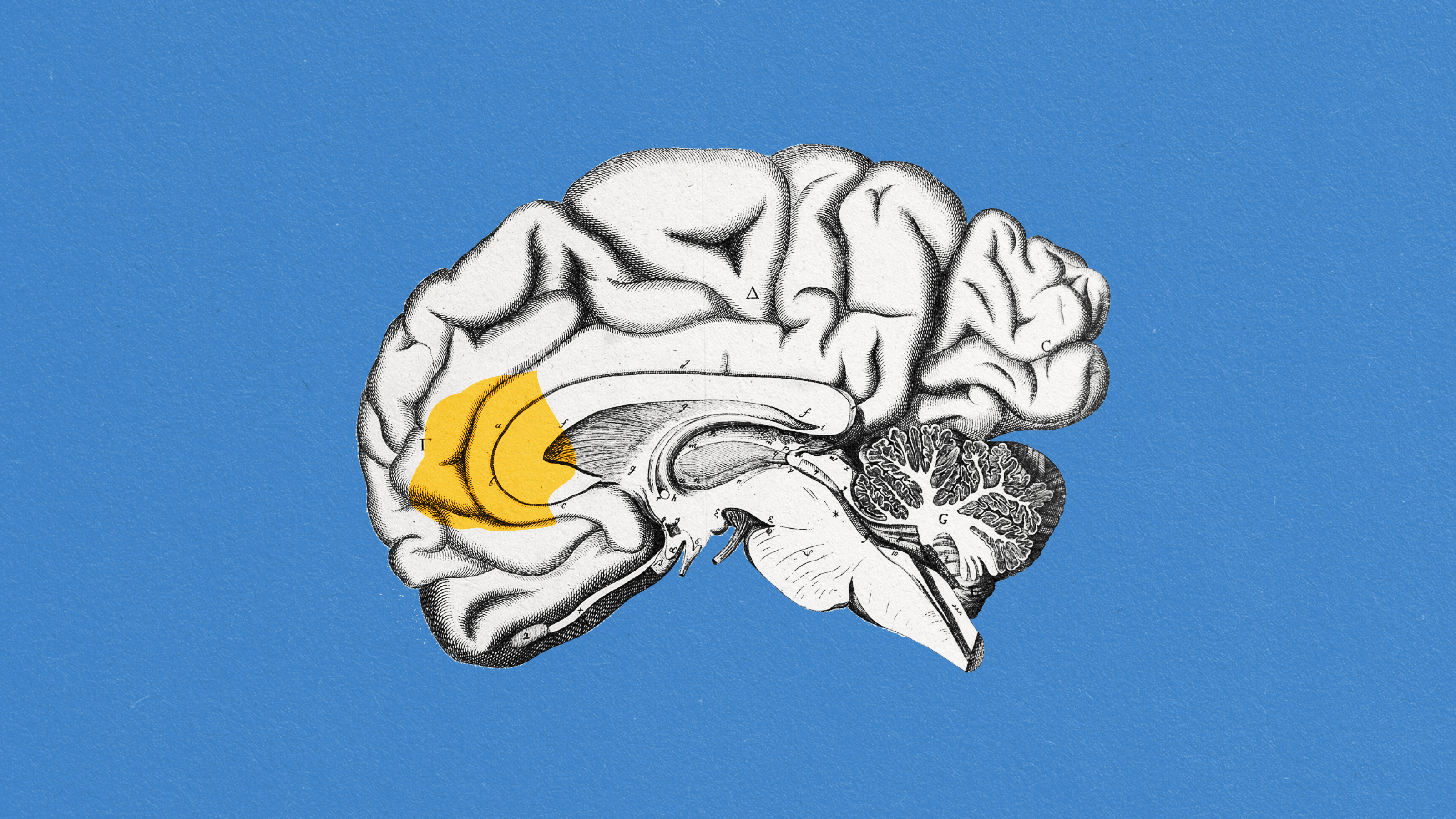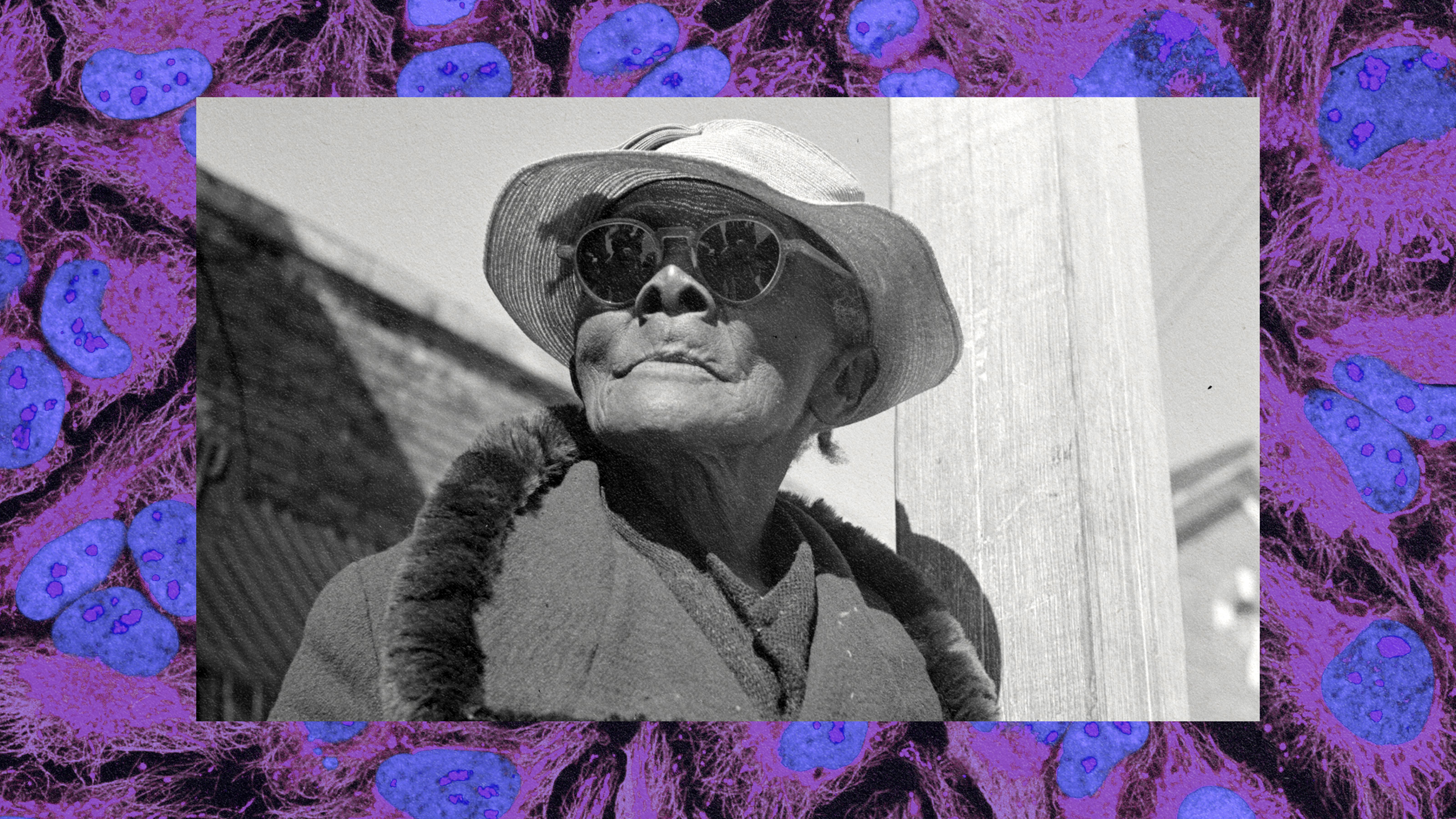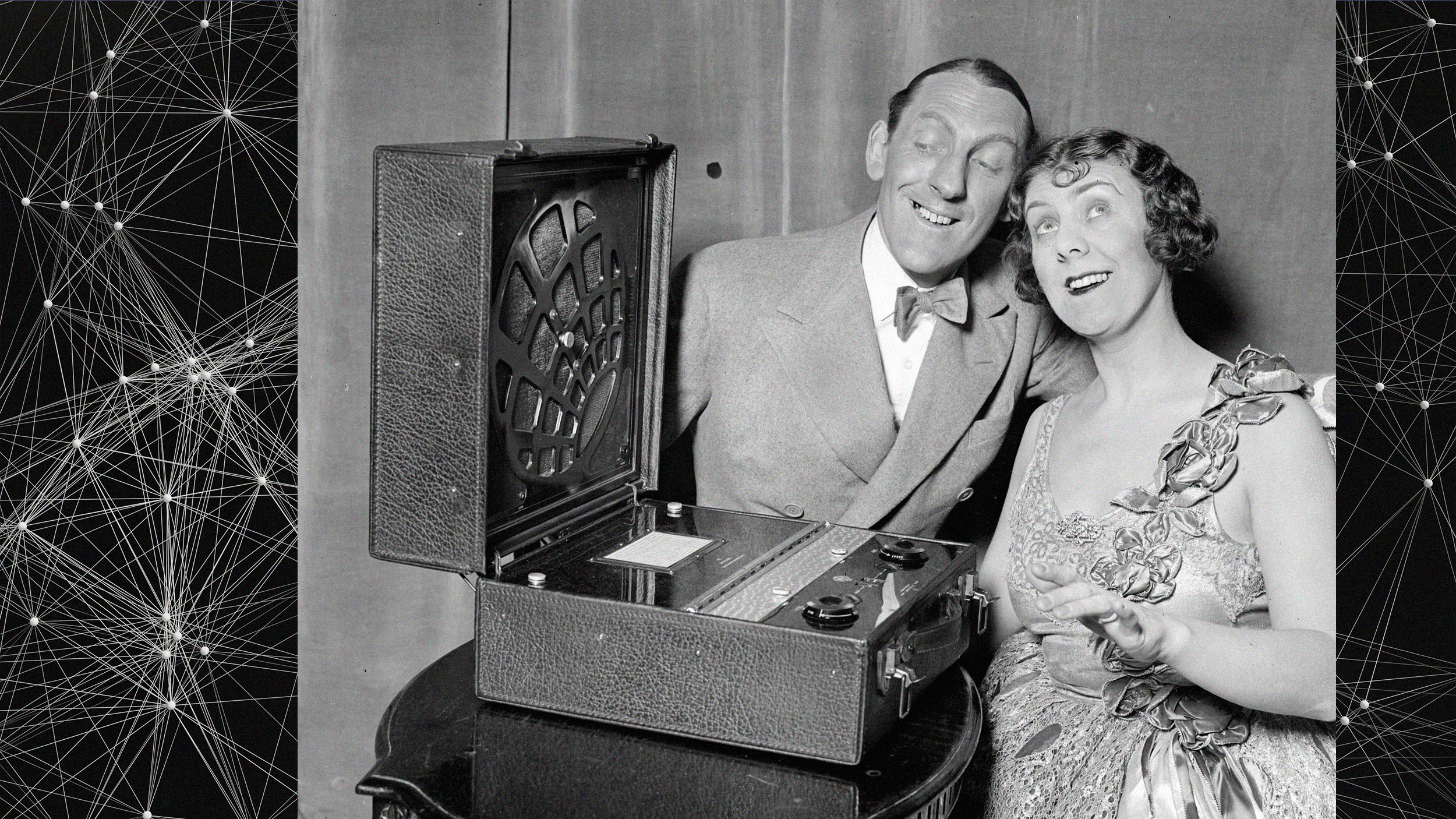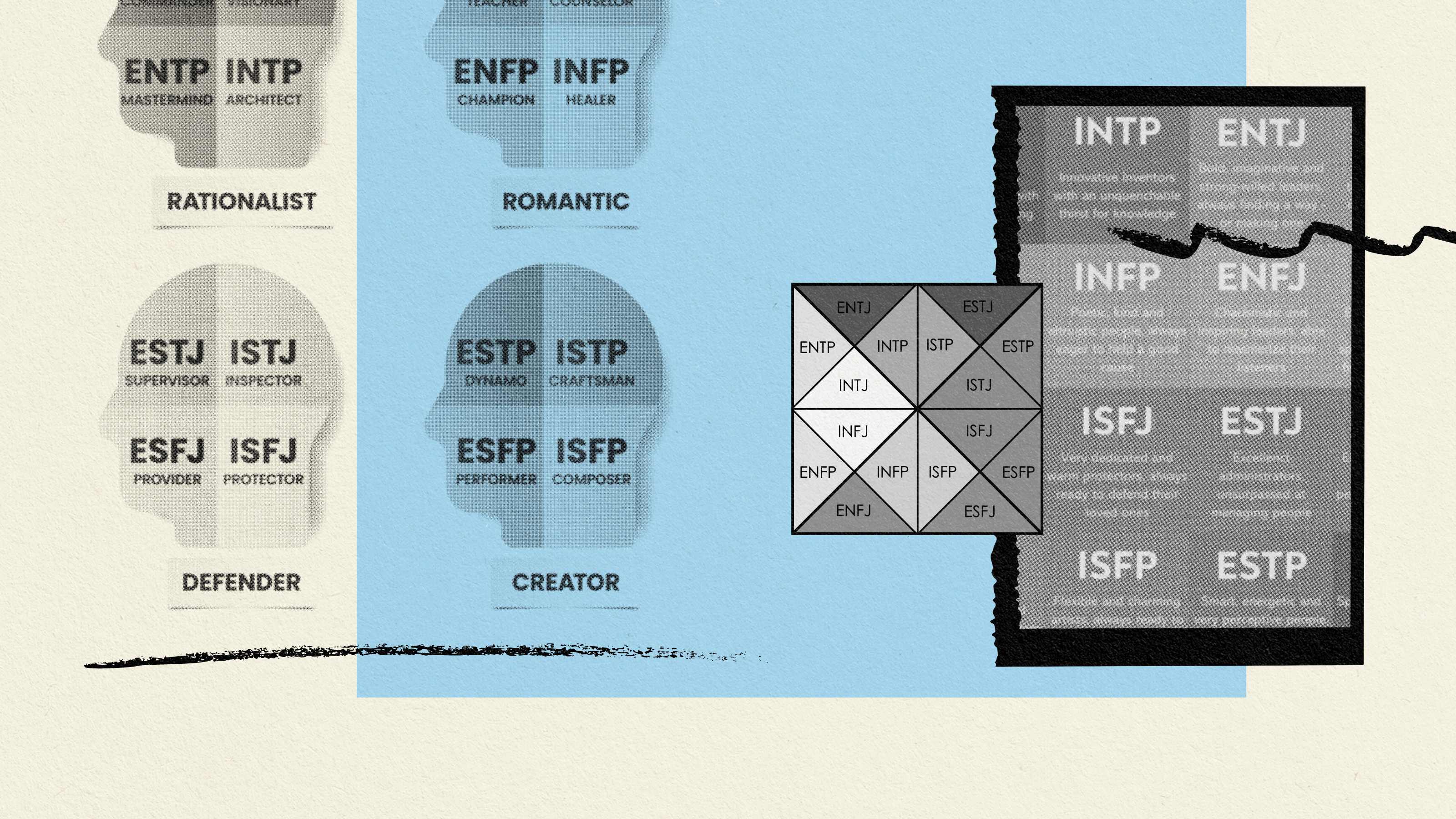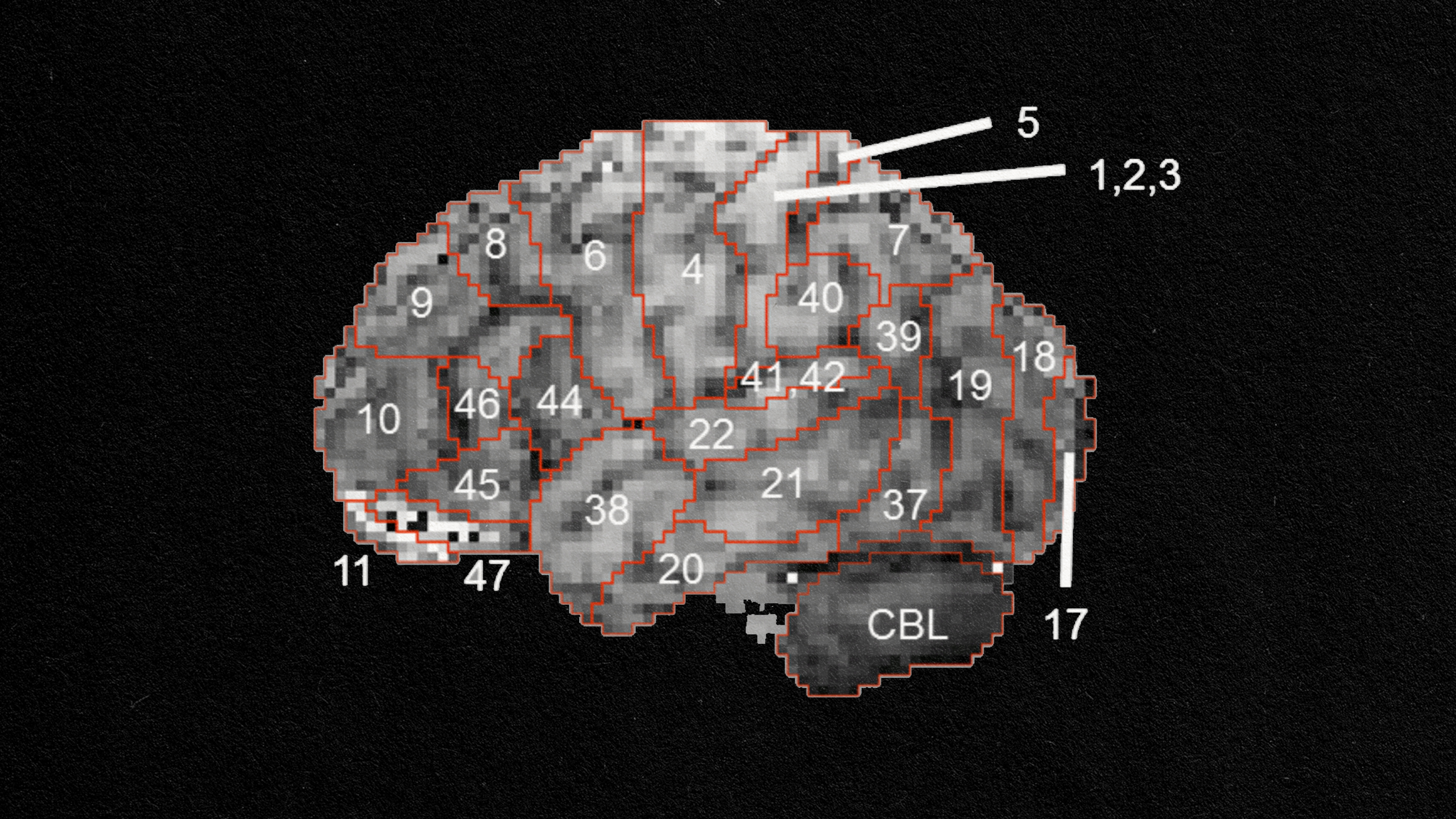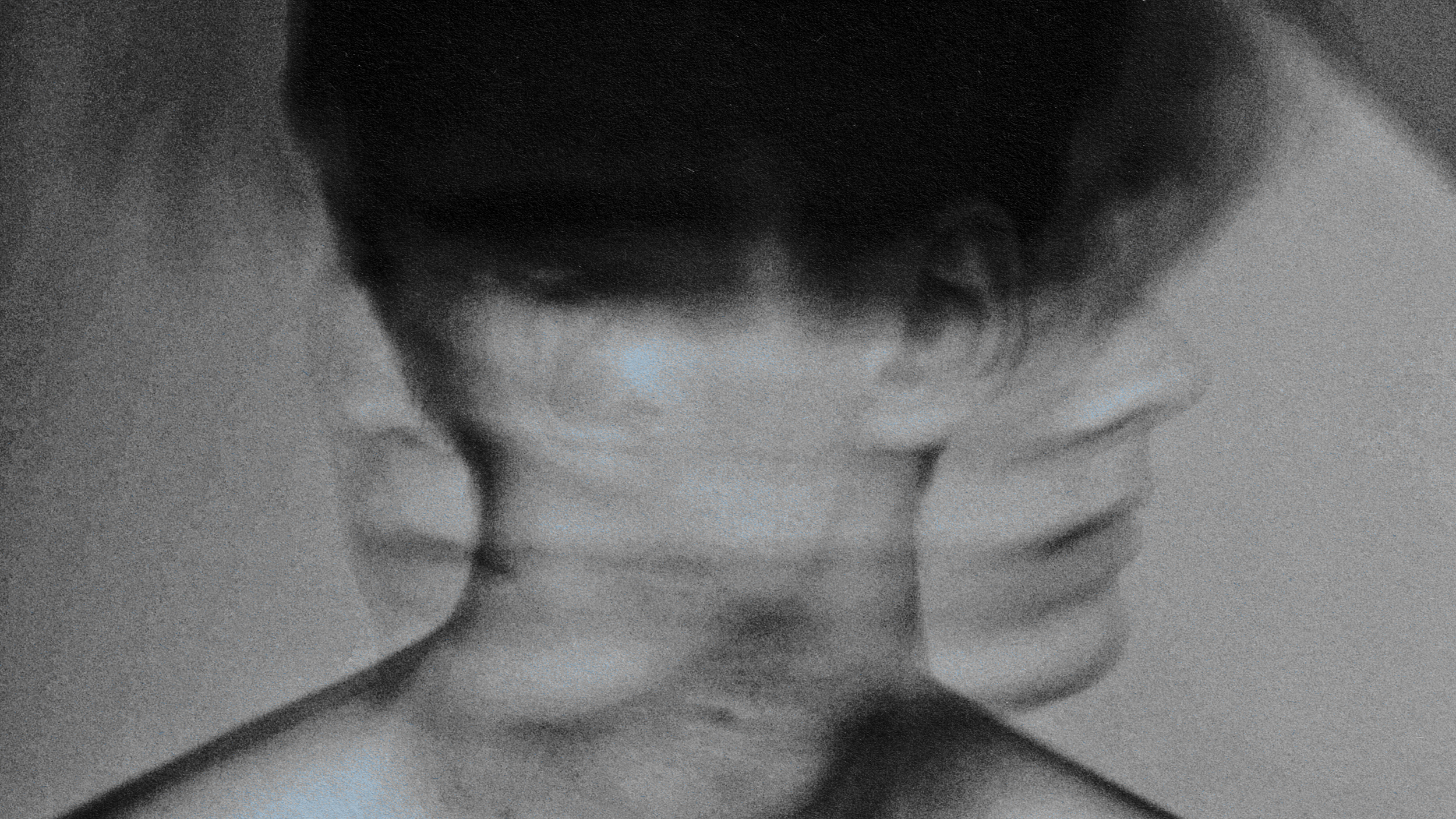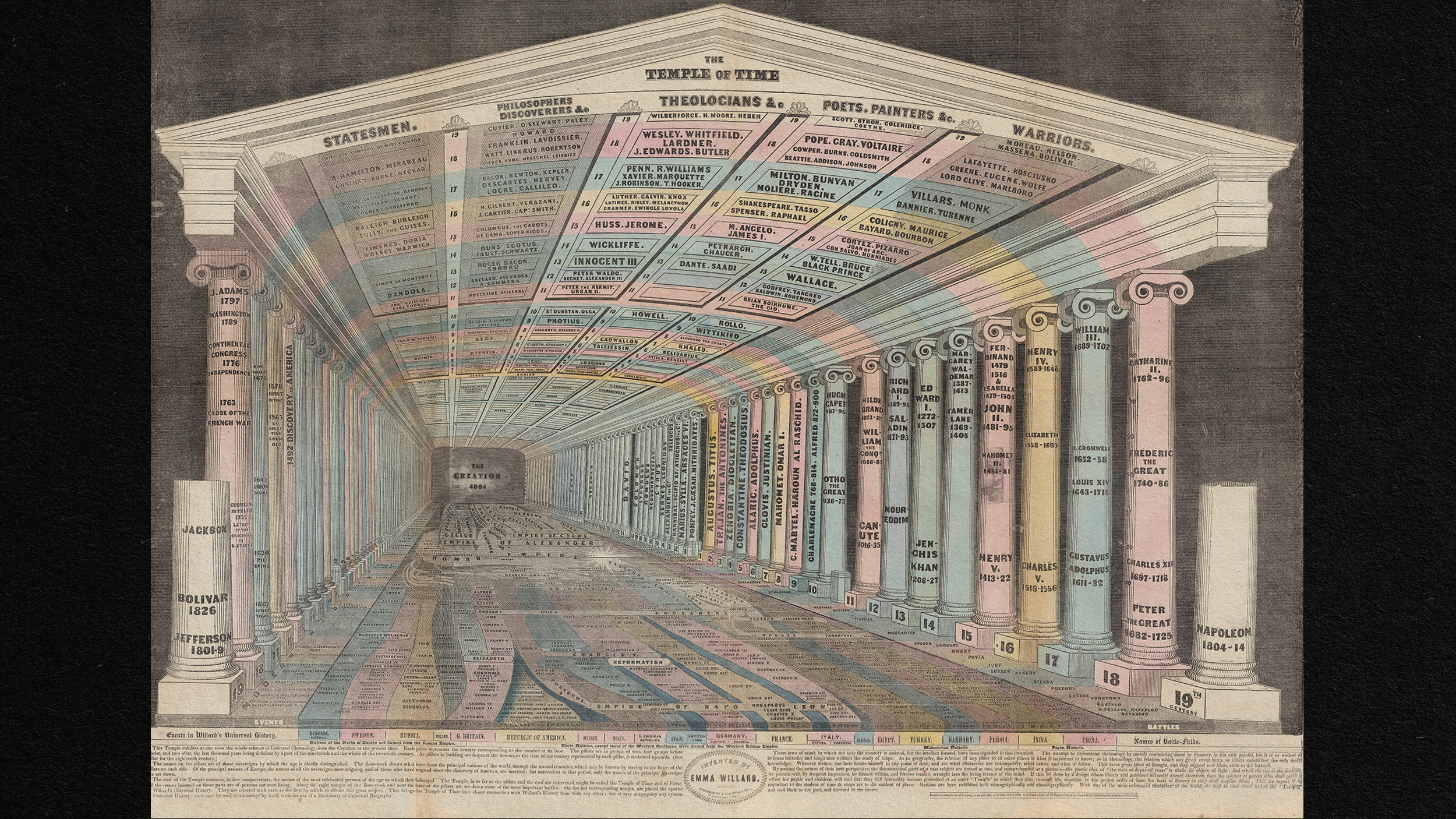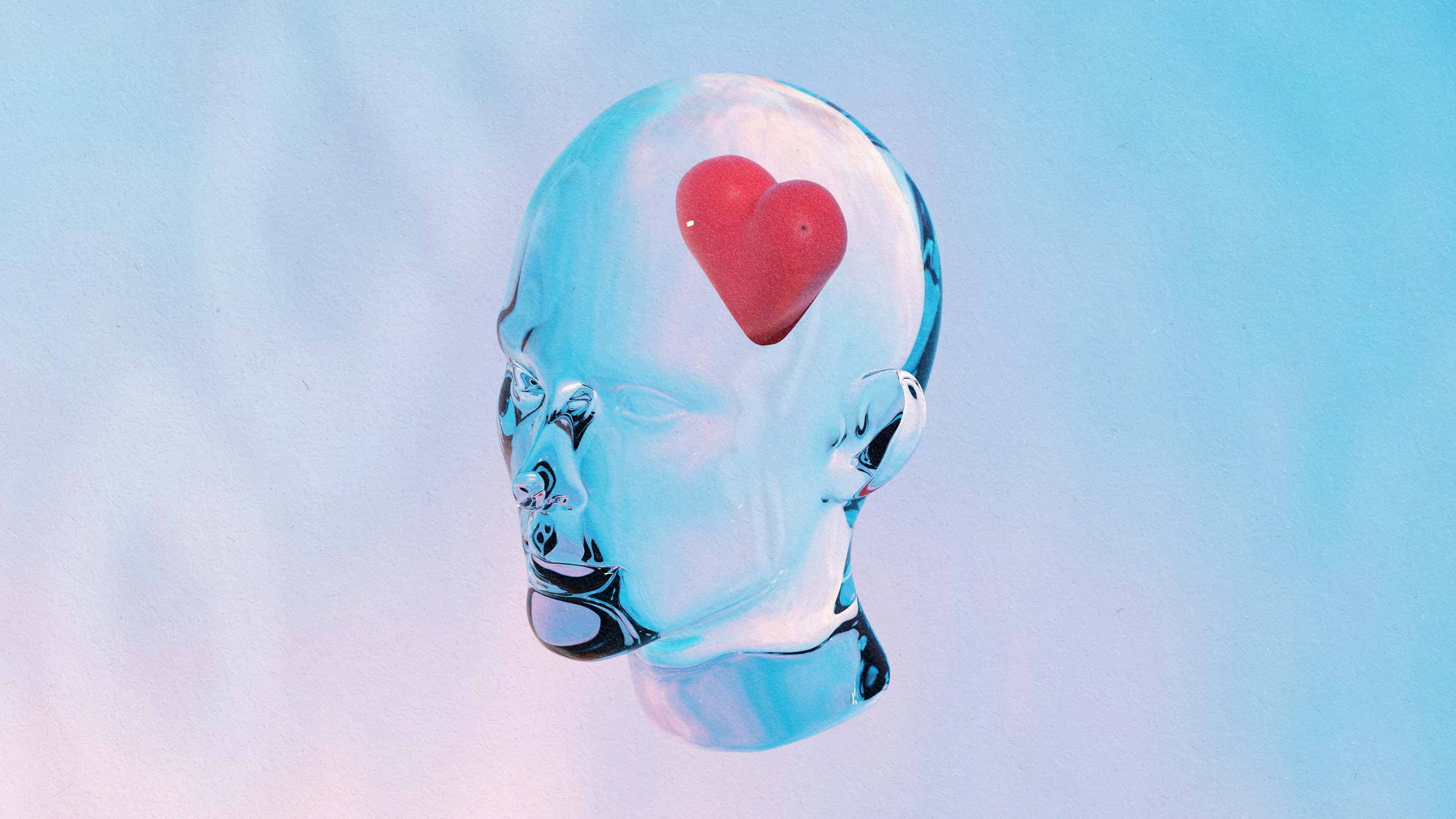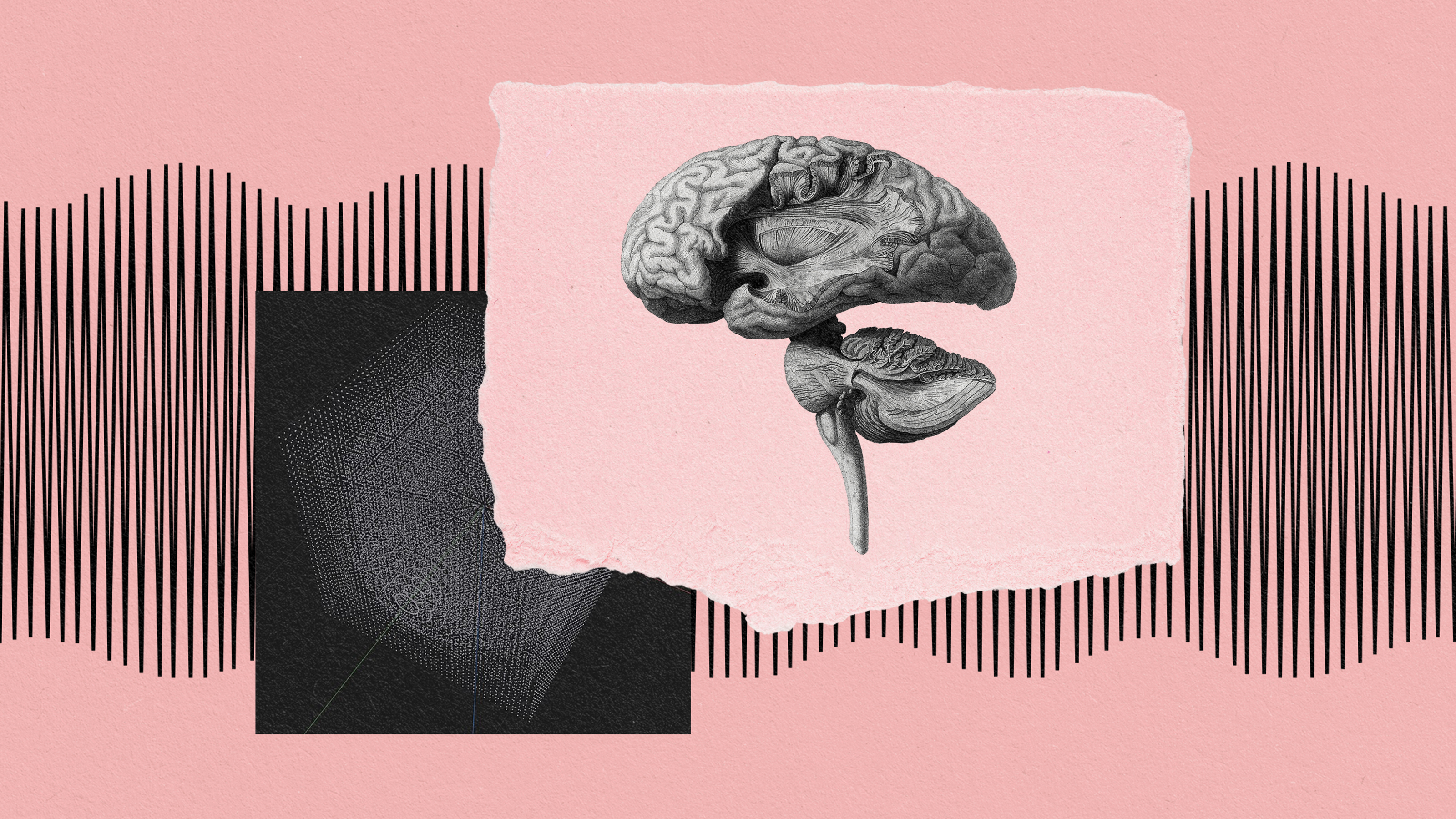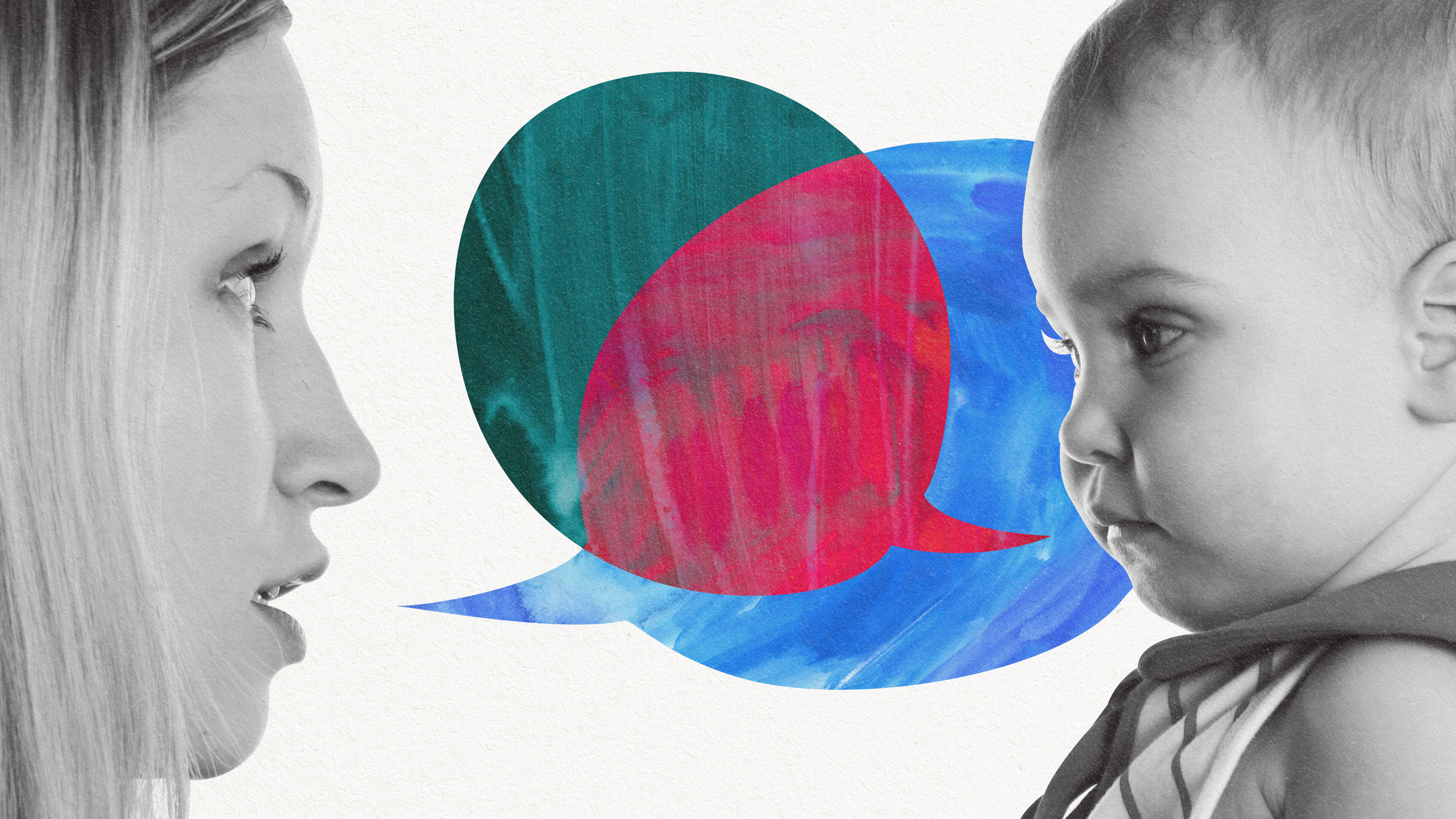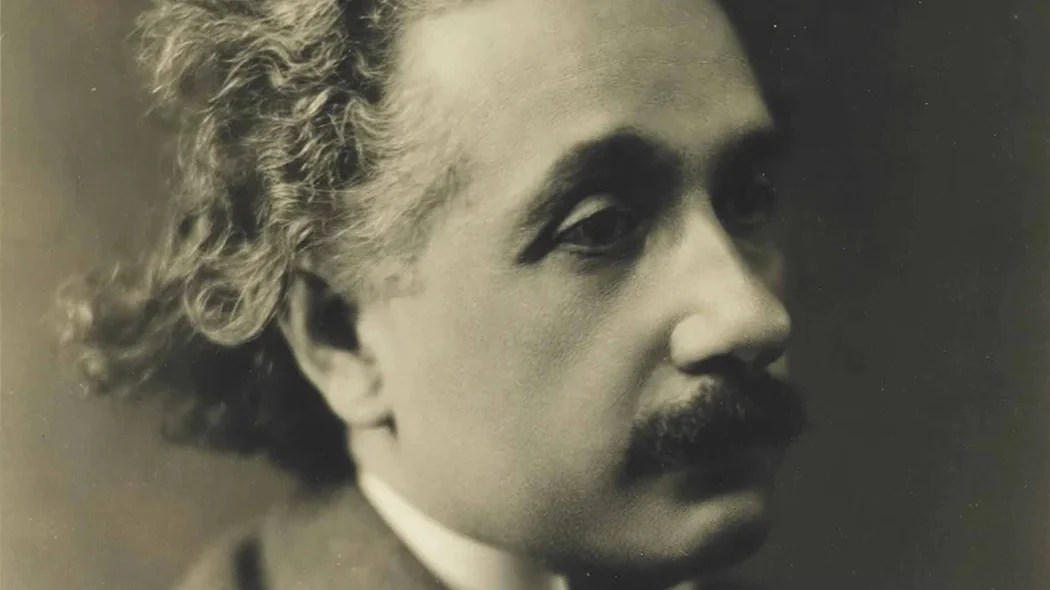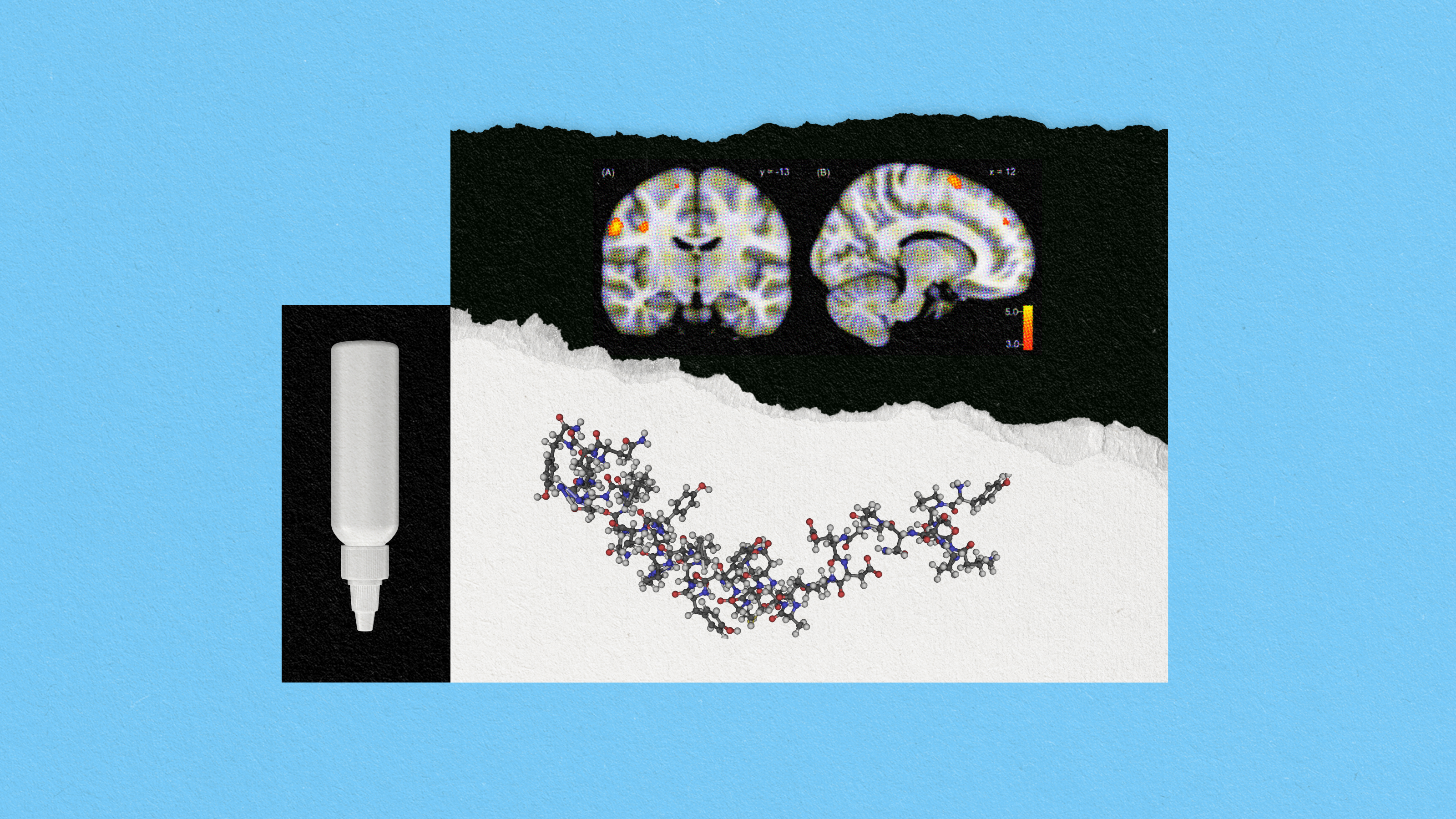Neuropsych
All Stories
Grief never ends. There is no closure, but there are things we can do to mitigate the feeling of loss.
The structure is fully developed in humans, partially developed in chimps, and completely absent in Old World monkeys.
Now that the DSM lists severe hoarding as a disorder apart from OCD, psychologists are asking what explains its prevalence.
Decades of Alzheimer’s research might have missed a cellular culprit hiding in plain sight.
Your heart rate reveals your brain activity, which in turn can predict hit songs — and maybe stock performance, as well.
Uncovering the ideology of “Karens” and “Kens.”
Psychopathic tendencies may be present to some extent in all of us. New research is reframing this often sensationalized and maligned set of traits and finding some positive twists.
If you’ve looked for a job recently, you may have encountered the personality test. You may also have wondered if it was backed by scientific research.
Why does the DMT experience feel so familiar to some people — even those who are trying the psychedelic for the first time?
A study involving nearly 2,000 people found links between personality traits and the likelihood of moving toward or away from dementia.
Daydreaming can be a pleasant pastime, but people who suffer from maladaptive daydreaming are trapped by their fantasies.
There were many similarities, but also some profound differences.
“I thought strangers knew who I was and were whispering about me as I walked by.”
Modern memory athletes use this ancient technique to memorize thousands of digits of pi.
“It is healthy and normal to be afraid of death.”
Our minds seem both physical and intangible. That paradox has gripped this neuroscientist since childhood.
Will we ever unravel the mystery of consciousness? Two academics made a 25-year bet on it. The scientist lost.
Your brain is trying to show you the future.
Since 2012, the amount of time that teenagers spend socializing in person has plummeted. Is it a coincidence that depression is more common?
From smartphone envy to life dissatisfaction, the root cause of much unhappiness is that we are wired to imagine how things could be better.
Synchronized activity between the hippocampus, prefrontal cortex, and thalamus plays a role in memory consolidation.
After Albert Einstein’s death in 1955, a pathologist—searching for the secret of genius—removed, dissected, and ultimately stole the mathematician’s brain.
In the ongoing battle against PTSD, a potential new weapon emerges: a nasal spray loaded with neuropeptide Y.
When you do something with all your heart and mind, you do it with “meraki.” When we lack this feeling, it can lead to burnout.
The Serenity Prayer is nice — until the missiles come raining down on your city.
The fear of deep bodies of water may be evolutionarily ingrained.
Are people are more likely to act less emotionally and more rationally when speaking their second language?
New research shows that the transition from general to specific memories involves the maturation of inhibitory neurons in the hippocampus.

